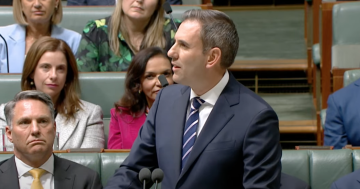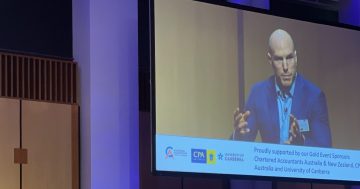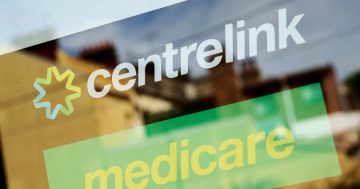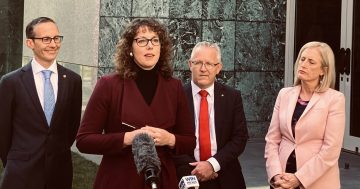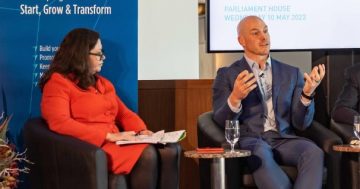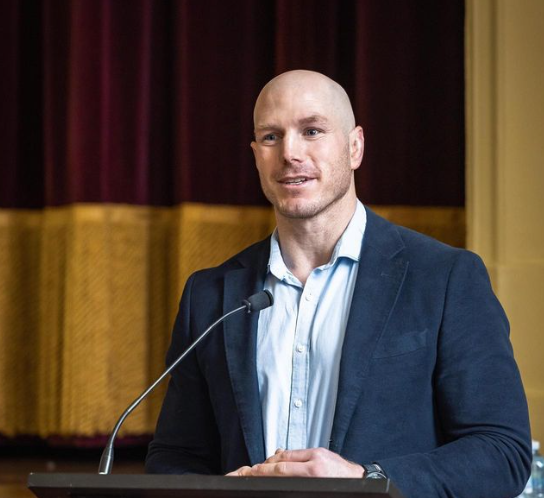
Senator David Pocock says Canberrans want a federal budget that invests in the essentials. Photo: Supplied.
Independent ACT senator David Pocock has used Federal Budget Eve to remind the government that Canberrans want to see more money funnelled into the essentials of health, education and housing.
In his 52-page pre-budget submission, lodged in February, Senator Pocock said bringing down inflation had to be balanced against support for those suffering most acutely from the cost-of-living crisis.
Investment in essential services should be the standout feature of the budget.
He said his pre-budget submission was the result of consultation with stakeholders and the ACT community, which identified their priorities for federal government spending.
“Canberrans are crystal clear in where they want to see more federal government spending, singling out health, education and housing as the top three,” Senator Pocock said.
“This is no surprise given we have the lowest bulk billing rate (51.5 per cent of all visits) and the highest out-of-pocket costs in the country (an average of $49 per consultation).
“Our healthcare system is not delivering for those who most need it. This has to change and we need a bespoke GP strategy and investment in the ACT to do that.”
Funding for electrification, renewables and climate, and increasing safety net payments, came in fourth and fifth on the list of community priorities, according to the Senator’s consultations.
“People in our bush capital want to see a serious investment in halting species extinction and, to borrow a catchphrase from the PM, they want to make sure no one is left behind,” he said.
“This means ensuring that a Future Made in Australia – the government’s response to the US Inflation Reduction Act – includes things like a substantial investment in household electrification.
“We can’t have a country where renewables are just for the rich. The US has just allocated $7 billion to putting solar PV on the roofs of low-income households. We can’t match that scale, but we should match the ambition.”
Senator Pocock said safety net payments must be raised “to a rate people can actually live on”, as the Economic Inclusion Advisory Committee recommended for the second year in a row.
In its report handed down two weeks ago, the EIAC urged the government to meaningfully lift JobSeeker payments, saying current levels are not keeping society’s most vulnerable people in life’s essentials.
Its 22 recommendations across five priority areas outlined how the government can better help struggling Australians.
The advisory committee was established in November 2022 at the urging of ACT independent Senator Pocock and became permanent in December last year.
Its purpose is to provide independent and non-binding advice to the government before every federal budget about tackling disadvantage.
“The current rates for the JobSeeker and related working age payments (including Youth Allowance, Austudy, ABSTUDY and Special Benefit) are too low,” its latest report states.
“Despite the $40 base rate increase delivered in last year’s federal budget, people receiving these payments told the committee that they regularly go without life’s essentials because they simply cannot afford them.
“This is, in part, the result of unsatisfactory indexation arrangements over many years.
“Without change to indexation arrangements, the living standards of recipients of these payments will continue to fall – whether measured relative to average or National Minimum Wages, pensions, or income poverty measures.”
Senator Pocock said the EIAC report showed that this additional assistance wouldn’t drive up inflation but would raise the most vulnerable people in our community above the poverty line.
“Saying we can’t afford to do these things simply won’t fly when the government continually rules out sensible reforms,” he said.
“Winding back things like overly generous property tax concessions must be on the table.
“The manifestly inadequate taxation of our natural resources, particularly offshore gas, also has to be fixed immediately.
“As a starting point, the Petroleum Resources Rent Tax must be improved so it generates substantial revenue and provides Australians a fair return on the sale of our gas.
“With this federal Labor government’s third budget, starting to catch up on a decade of underinvestment in the national capital is also now well overdue.”
Senator Pocock’s pre-budget submission also lists eight top investment priorities.
These include locating the new Australian Centre for Disease Control in Canberra; funding for City to the Lake and a National Convention Centre and Stadium Precinct; investment to improve GP access and affordability in the ACT; funding for more active travel infrastructure; funding for an Electrify Everything Loans Scheme; funding for a specialist youth homeless shelter in the ACT; Setting up and funding an Invasive Species Solutions Research Fund; and reforming the HELP indexation rate.
